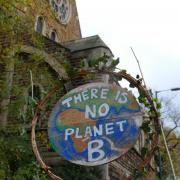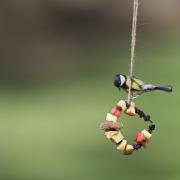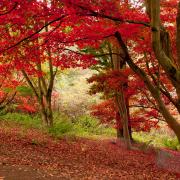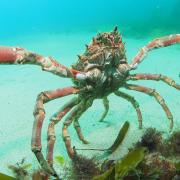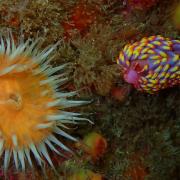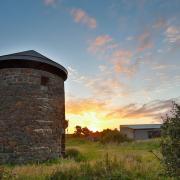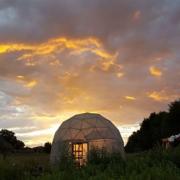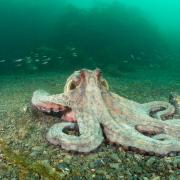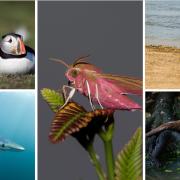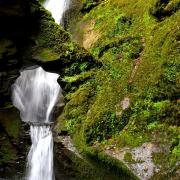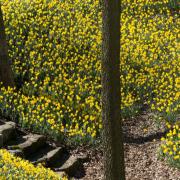In a rarely seen event, thousands of huge spider crabs have gathered not far from Falmouth.
The Wildlife Trust were thrilled to share footage of a huge aggregation of spider crabs off of Cornwall's coast earlier today, in an event that normally goes unnoticed every year. In knee deep water, just a few meters from the popular Falmouth Beach, a Marine Conservation Officer spotted the creatures during a dive at low tide.

During the late summer and early autumn, thousands of male spider crabs come together to moult. This is because the process involves growing a new shell and leaves them vulnerable until it is ready. The large group are safer from predators if they stick together and make for a breath-taking sight.
The species are common in Cornish waters and are characterised by their spiny legs and claws which can reach as long as a metre.
The mass aggregation was captured on camera by Cornwall Wildlife Trust’s Marine Conservation Office, Matt Slater. He was thrilled by the experience.
“I have seen spider crabs on every dive and snorkel I have done for the past four years, but I have never seen a group as large as this! Looking down at the mass of crabs scuttling on the seabed was a truly incredible experience.
“Our seas are full of surprises - most locals would have no idea that one of the world’s great wildlife aggregations is occurring not too far from where they sleep. It goes to show how important our Cornish seas are and why we all need to look after them better.”

Whilst the huge group may make you feel squeamish, it's a great sign that the British spider crab population are doing well. The Wildlife Trust would love to hear from anyone who spots similar events in the coming weeks.
“We hope this mass sighting is a sign that spider crab populations are healthy. We would love to know if there are more aggregations like this forming around the coast or if this is a one off.”
You can send them your photos or videos via the ORKS app or online at www.erccis.org.uk/share-sightings. To find out more about Cornwall Wildlife Trust’s marine conservation work, visit cornwallwildlifetrust.org.uk





